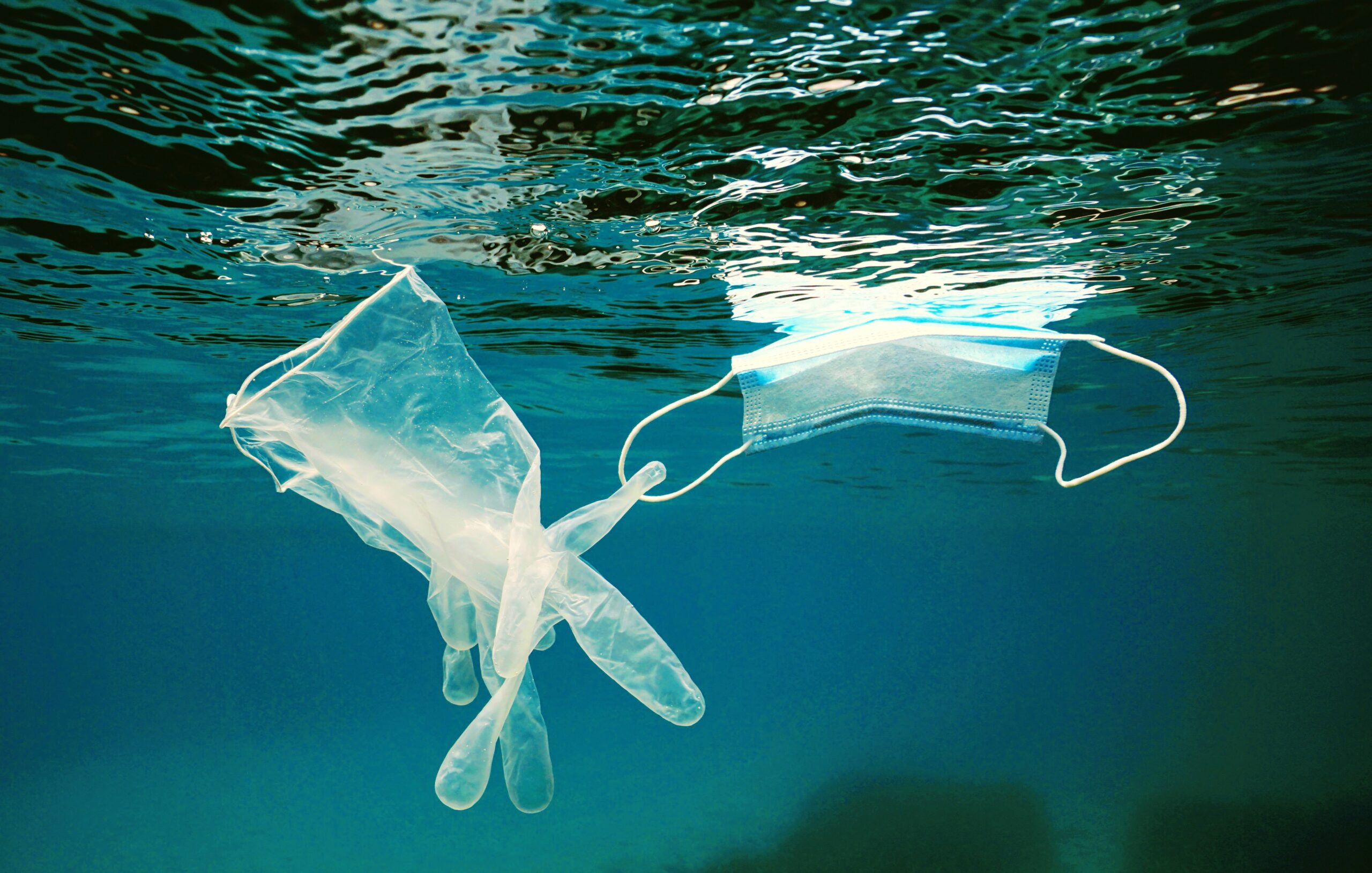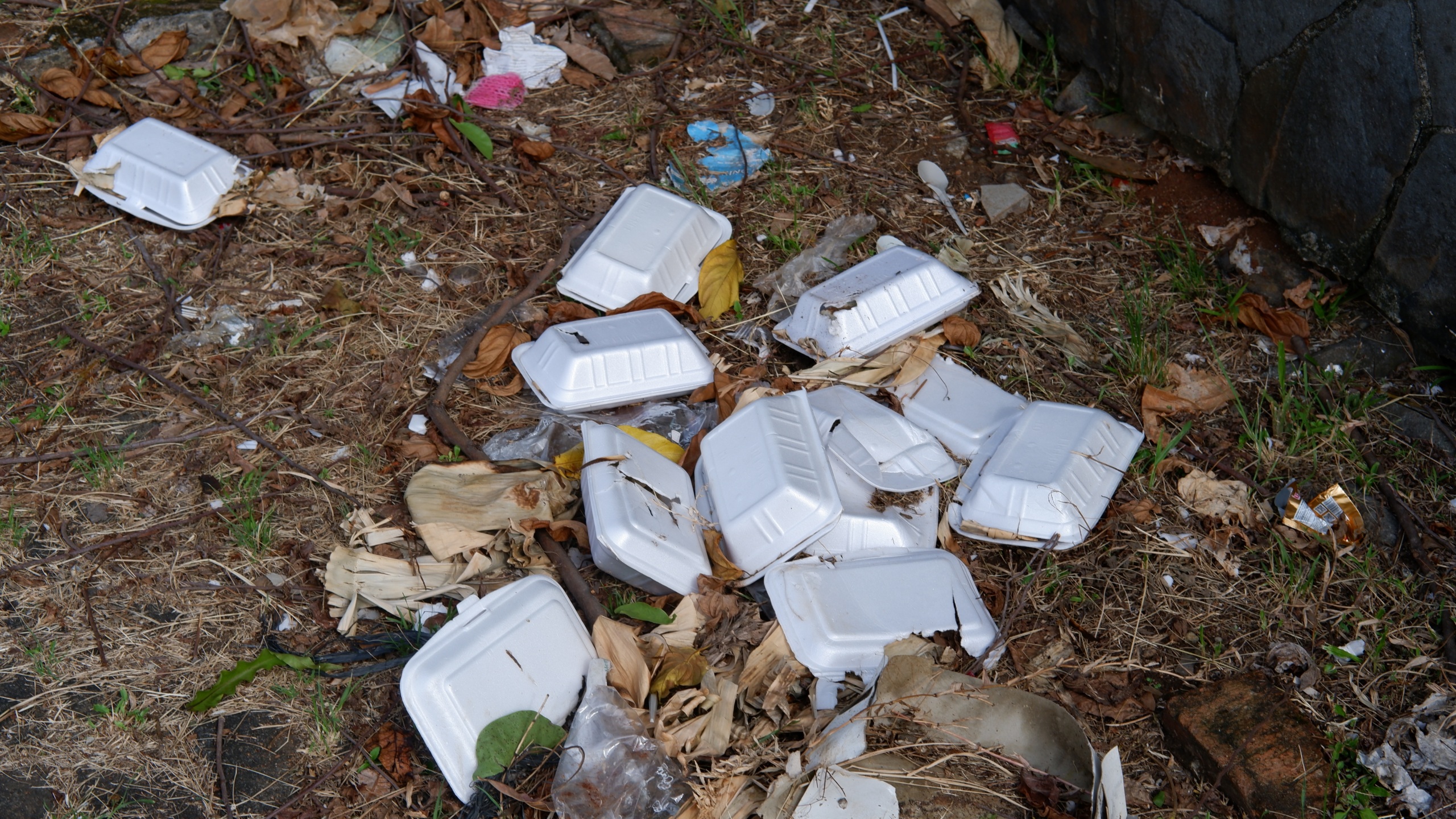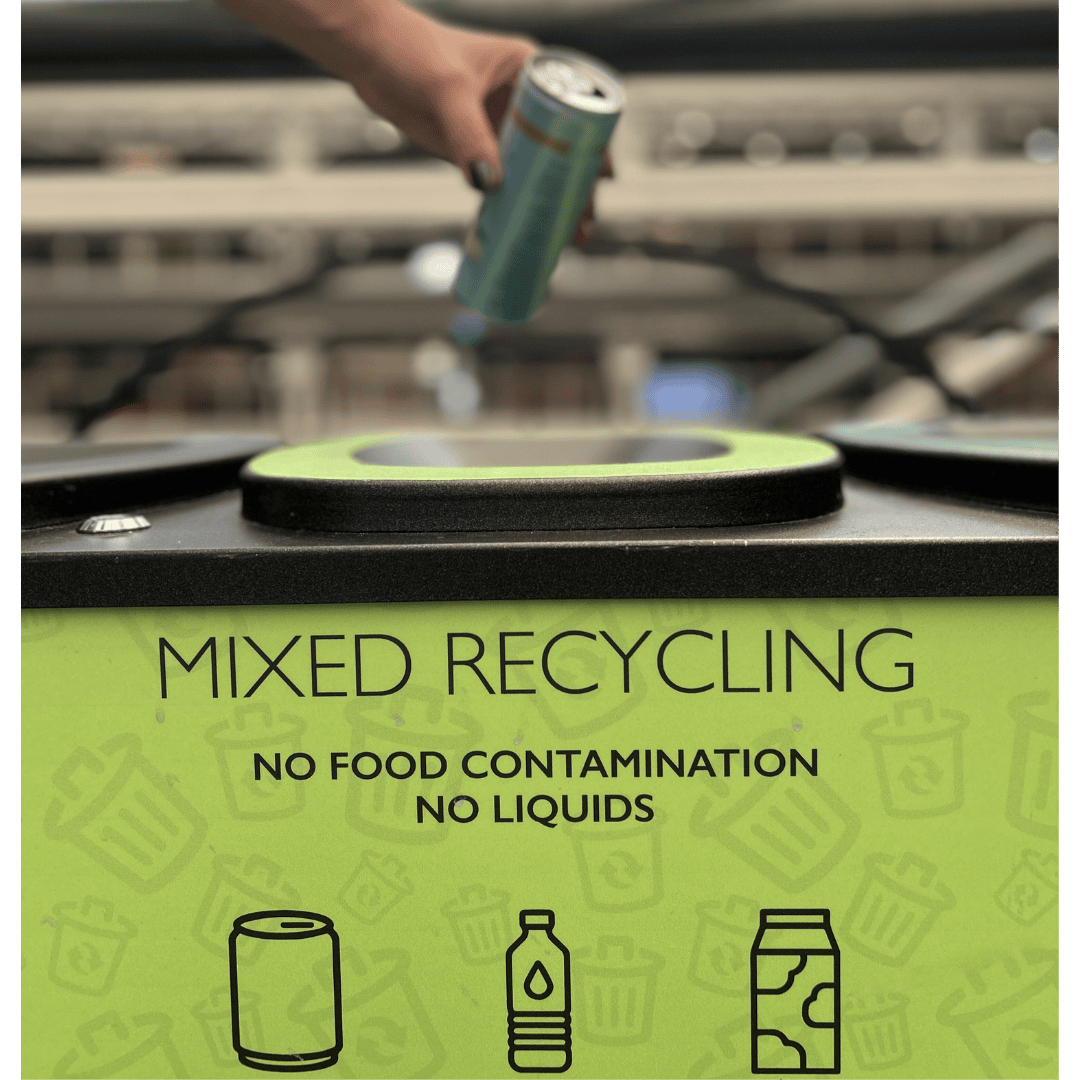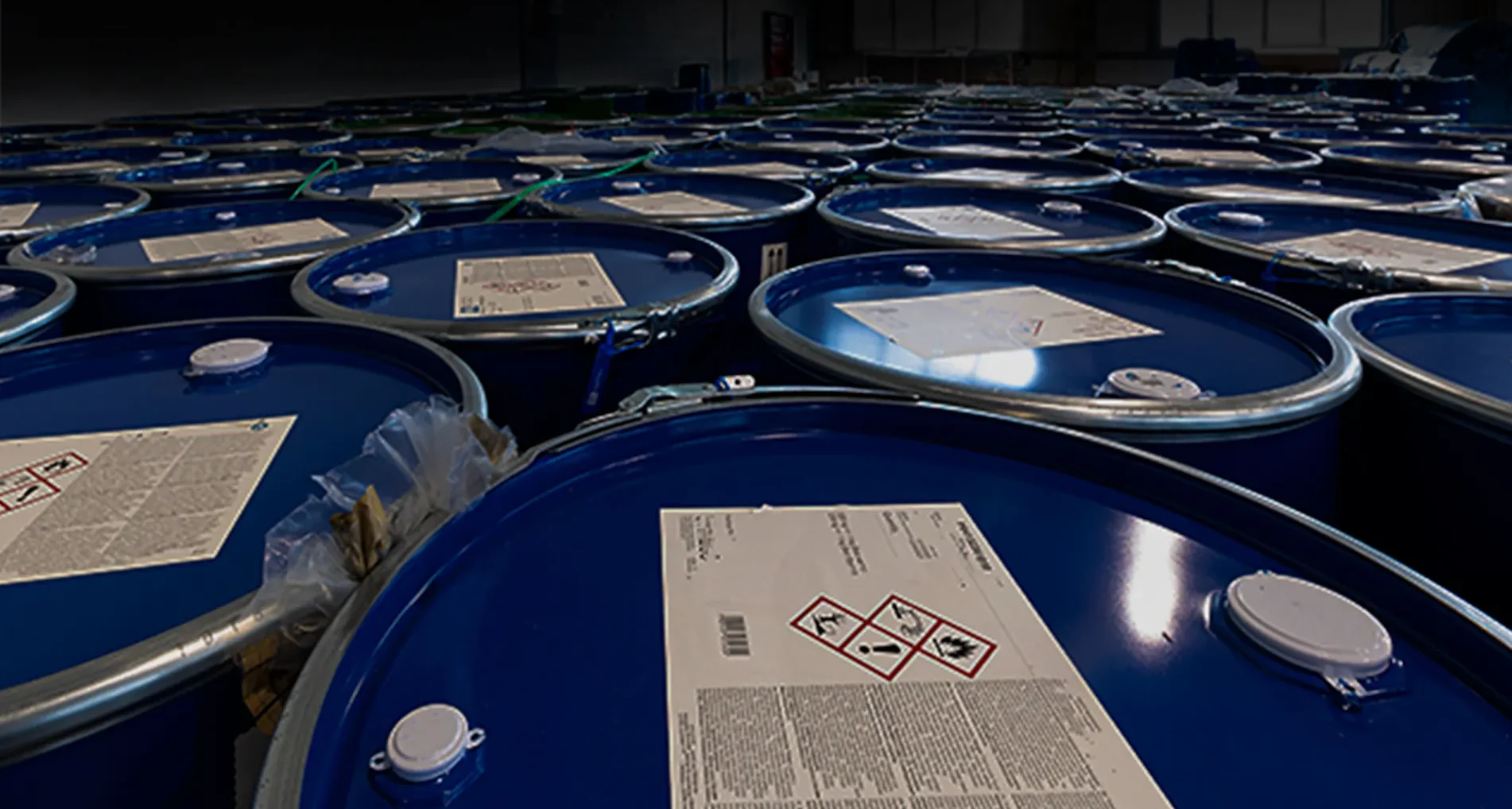How Plastic and Medical Waste Are Destroying Marine Ecosystems
The ocean waters surrounding Maryland, Virginia, and Washington, D.C. face an unprecedented environmental crisis. With 75 to 199 million tons of plastic currently polluting our global oceans, and medical waste contributing an alarming additional burden, the Chesapeake Bay and Atlantic coastal waters are becoming increasingly contaminated with dangerous debris threatening marine life, human health, and regional economies.
The statistics are staggering: humans recycle only nine percent of plastic waste while dumping 10 million tons into the seas annually. The COVID-19 pandemic exponentially worsened this crisis, with medical waste increasing ocean plastic pollution by 1,000 percent in some areas. For healthcare facilities and businesses across Maryland, Virginia, and Washington, D.C., understanding this crisis and implementing proper medical waste management solutions through professional services like Secure Waste has never been more critical.
The Massive Scale of Ocean Plastic Contamination
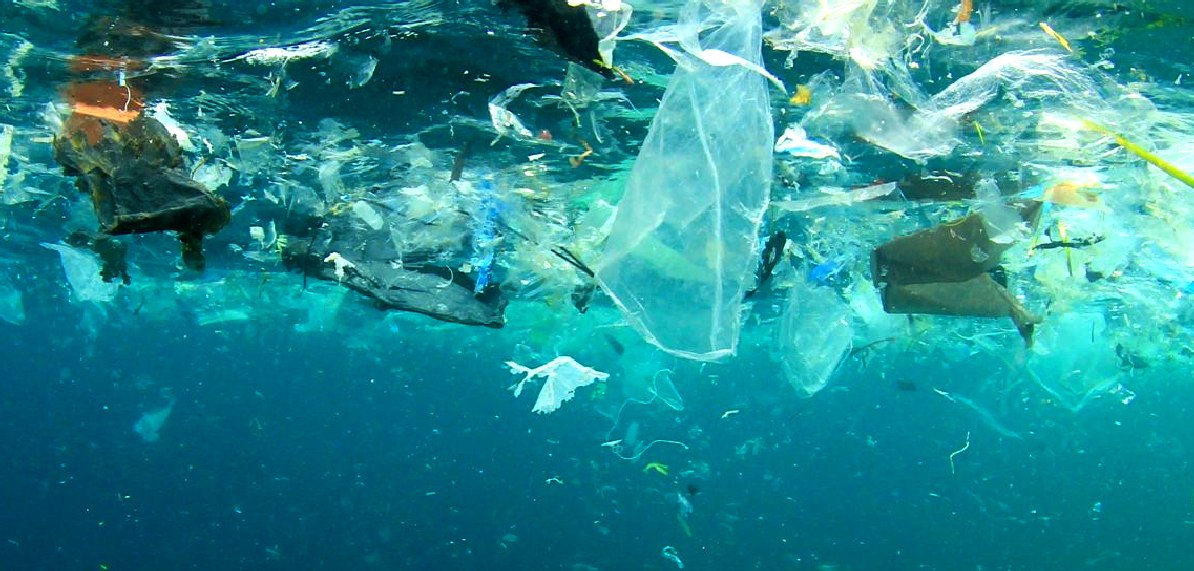
Understanding the Great Pacific Garbage Patch and Regional Impacts
The Great Pacific Garbage Patch, located between Hawaii and California, covers 1.6 million square kilometers—an area twice as big as Texas. This massive accumulation contains an estimated 1.8 trillion pieces of plastic weighing almost 90,000 tons. While this represents the most visible example of ocean plastic pollution, similar contamination patterns occur in waters much closer to home.
The Chesapeake Bay, America’s most extensive estuary system serving Maryland, Virginia, and parts of Washington, D.C., acts as a collection point for plastic debris across the watershed. Recent studies indicate that microplastics are present in 100% of water samples taken from the Bay, with concentrations highest near urban areas including Baltimore, Norfolk, and the greater Washington D.C. metropolitan region.
The Breakdown Process: From Macroplastics to Microplastics
Most concerning is how larger plastic items break down over time. Cigarette butts, plastic bags, food containers, medical waste, fishing gear, and countless other items fragment into pieces the size of pepper flakes or smaller through exposure to sun and waves. These microplastics become virtually impossible to remove from the marine environment while posing severe threats to marine life throughout the food chain.
Scientists estimate that oceans contain 24.4 trillion pieces of microplastics—fragments less than five millimeters long and weighing between 82,000 and 578,000 tons. Research from sediment samples shows that microplastic concentrations have doubled every 15 years since 1945, directly correlating with global plastic production increases.
Medical Waste: The Hidden Driver of Ocean Pollution
Healthcare’s Plastic Problem Exposed
The healthcare sector represents one of the fastest-growing sources of plastic pollution affecting coastal waters in Maryland, Virginia, and Washington, D.C. Modern healthcare facilities generate massive amounts of single-use plastic items, including gowns, IV fluid bags, medical devices, plastic gloves, pill packaging, syringes, and tubing, which often end up contaminating marine environments.
Single-use plastics dominate healthcare waste streams because they’re designed for disposal after seconds, minutes, or hours of use. These items contain complex mixtures of over 16,000 chemicals, with at least 4,200 known to harm human and environmental health. When medical facilities in the Mid-Atlantic region dispose of these materials improperly, they directly contribute to the plastic pollution crisis that devastates local marine ecosystems.
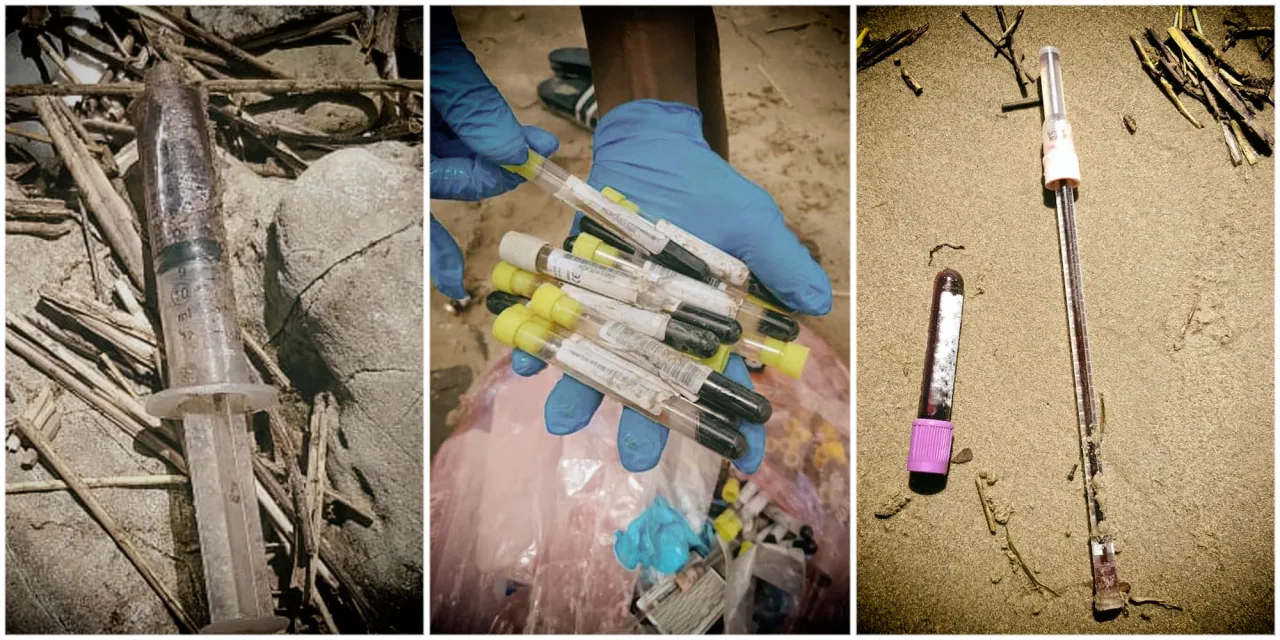
COVID-19: The Pandemic That Broke the System
The COVID-19 pandemic created an environmental catastrophe of unprecedented proportions in terms of medical waste generation. Global estimates indicate that over 129 billion face masks and 65 billion gloves were used monthly during the pandemic’s peak. Between March 2020 and November 2021, approximately 87,000 tons of PPE became waste globally.
In the Maryland, Virginia, and Washington D.C. region, hospitals and healthcare facilities experienced dramatic increases in medical waste generation. More than 140 million COVID-19 test kits created about 731,000 liters of chemical waste, while over 8 billion vaccine administrations contributed 144,000 tons of additional waste. When not correctly managed by professional services like Secure Waste, much of this material found its way into local waterways and eventually the Chesapeake Bay and Atlantic Ocean.
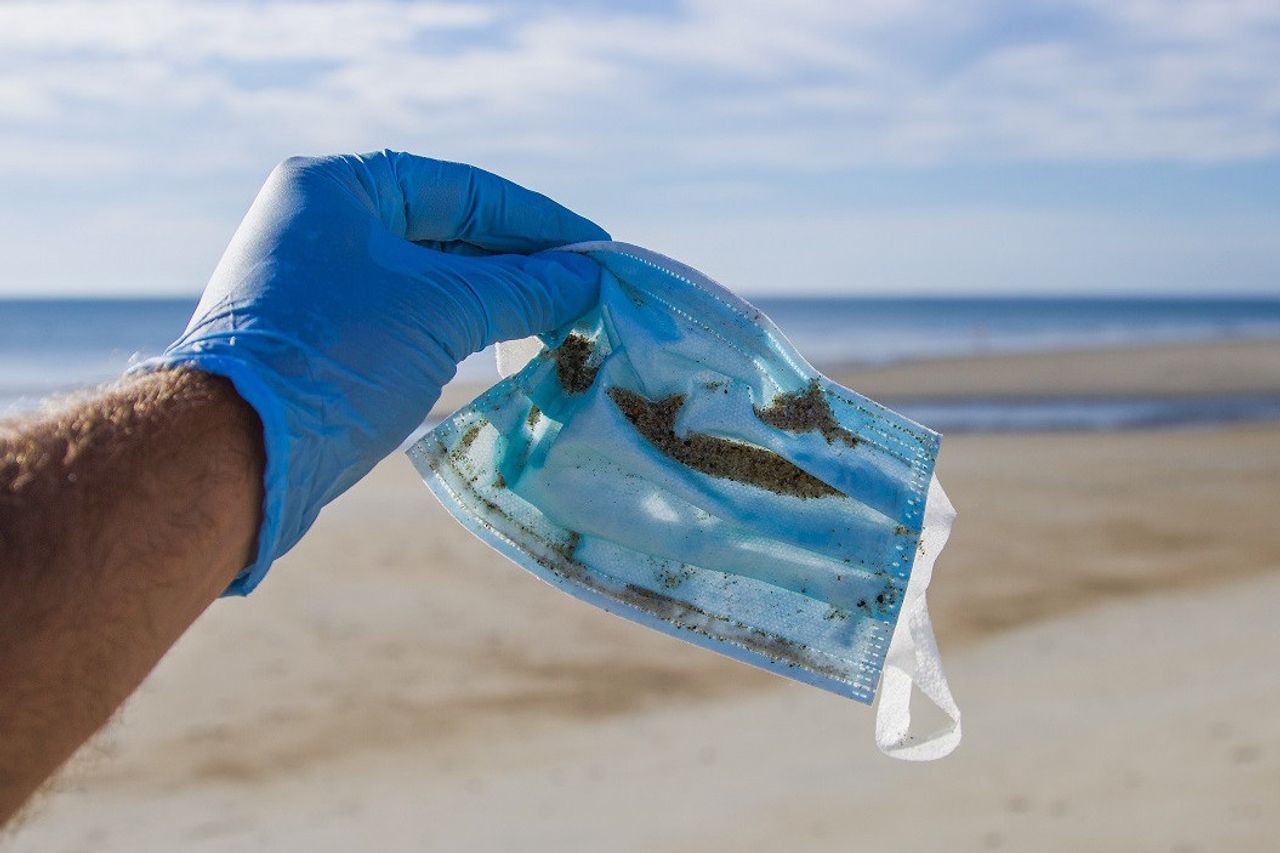
The Journey from Hospital to Ocean
Medical waste follows multiple pathways to reach marine environments across the Mid-Atlantic region. Improper disposal practices at healthcare facilities often result in contaminated materials entering general waste streams. Transportation leakage during waste handling creates point-source pollution affecting local watersheds. Inadequately constructed landfills allow medical waste to leach into groundwater systems that eventually reach the Bay and coastal waters.
Perhaps most concerning is how medical plastic waste transforms into microplastics once it reaches marine environments. A single weathered medical mask can release millions of microplastics into aquatic ecosystems, persisting for hundreds of years while continuously breaking down into smaller, more dangerous particles that infiltrate the entire food web.
Environmental Destruction in the Chesapeake Bay Region

Ecosystem Impacts Across Maryland, Virginia, and D.C. Waters
The Chesapeake Bay watershed covers 64,000 square miles and supports over 18 million residents across Maryland, Virginia, and Washington, D.C. This massive ecosystem now serves as a sink for plastic pollution, with microplastics found in 100% of surveyed watershed stations, according to U.S. Geological Survey research.
Regional studies demonstrate that microplastic concentrations correlate directly with urban development patterns, with the highest contamination levels found near Baltimore, Norfolk, Virginia Beach, and the greater Washington D.C. metropolitan area. Heavy rainfall events significantly increase microplastic loading in Bay waters, highlighting the connection between land-based pollution sources and marine contamination.
Marine life throughout the region shows alarming levels of plastic ingestion. The Virginia Aquarium reports finding plastic debris in nearly every dolphin and whale necropsy performed, including cases of young marine mammals dying after ingesting plastic items like DVD case shards that punctured their stomachs. Sea turtles along Mid-Atlantic beaches require regular surgical intervention to remove plastic debris, including bags, bottles, and medical equipment, from their digestive systems.
The Economic Cost of Plastic Pollution
Marine plastic pollution costs the global economy between $500 billion and $2.5 trillion annually in lost ecosystem services, representing one of the most expensive environmental crises in human history. The economic impact reaches approximately $33,000 per metric ton of plastic pollution—a figure that continues rising as contamination accelerates.
Plastic pollution threatens critical economic sectors, including commercial fishing, tourism, and recreational boating, in the Maryland, Virginia, and Washington, D.C. region. The Chesapeake Bay’s blue crab and oyster industries face ongoing challenges from plastic contamination, which affects water quality and marine habitat. Beach communities across the region experience reduced tourism revenue due to plastic debris washing ashore, while marinas and harbors require increasingly expensive cleanup efforts.
Human Health Impacts: The Medical Waste Connection
Microplastics in the Human Body
Recent scientific research reveals that microplastics and nanoplastics have infiltrated human bodies throughout the Mid-Atlantic region. These particles have been detected in human blood, gastrointestinal tract, heart, liver, lungs, and reproductive organs of residents across Maryland, Virginia, and Washington, D.C.
Medical procedures can introduce microplastics directly into patients’ bodies. Studies show that IV fluid administration—a standard hospital procedure—injects microplastic particles into human bloodstreams. The long-term health implications of this contamination remain largely unknown, but early research suggests connections to endocrine disruption, reproductive issues, and neurological problems.
Chemical Contamination from Medical Plastics
Medical plastics contain complex chemical mixtures that pose serious health risks when they leach into the environment and the human body. Bisphenol A (BPA) and similar compounds found in medical devices and packaging can disrupt hormonal systems, potentially leading to developmental, reproductive, and neurological issues.
Healthcare facilities across Maryland, Virginia, and Washington, D.C. that partner with professional waste management services like Secure Waste can significantly reduce these contamination risks through proper handling, treatment, and disposal of medical plastics. This not only protects patients and healthcare workers but also prevents these dangerous chemicals from entering local waterways and marine ecosystems.
The Regulatory Landscape in Maryland, Virginia, and Washington, D.C.
Complex Multi-Jurisdictional Requirements
Healthcare facilities operating in Maryland, Virginia, and Washington, D.C., face a complex web of regulations governing medical waste disposal. Each jurisdiction maintains slightly different requirements, creating compliance challenges that can result in environmental violations and substantial penalties.
Maryland requires facilities generating 50 or more pounds of special medical waste monthly to obtain state identification numbers and file detailed notifications. The Maryland Department of the Environment recently pursued penalties of up to $25,000 per violation against medical waste facilities for improper handling, demonstrating the serious financial consequences of non-compliance.
Virginia operates under EPA authorization with more stringent standards than federal minimums, requiring permits for all facilities treating, storing, or disposing of hazardous or medical waste. Washington D.C.’s Department of Energy and Environment requires EPA identification numbers with registration fees ranging from $250 to $1,000, depending on generator size.
Professional Compliance Solutions
Navigating these complex regulatory requirements while maintaining focus on patient care requires specialized expertise. Secure Waste provides comprehensive compliance solutions specifically designed for healthcare facilities across Maryland, Virginia, and Washington, D.C. Their deep understanding of multi-jurisdictional requirements ensures facilities maintain compliance while contributing to environmental protection efforts.
Professional waste management services eliminate the risk of regulatory violations while providing cost-effective solutions that often reduce overall waste management expenses. Secure Waste’s regional expertise allows healthcare facilities to implement consistent environmental protection standards across all their operations in the Mid-Atlantic region.
Innovative Solutions and Technology
Advanced Treatment Alternatives
Modern waste management technology offers environmentally superior alternatives to traditional incineration methods. Autoclaving, microwave treatment, and chemical sterilization effectively destroy pathogens while eliminating toxic emissions associated with incineration.
Secure Waste invests in advanced treatment technologies that exceed regulatory requirements while minimizing environmental impact. These systems operate without generating dangerous emissions like dioxins and furans, protecting both local air quality and marine ecosystems throughout the Maryland, Virginia, and Washington D.C. region.
Reusable Container Systems
Revolutionary reusable container systems eliminate single-use plastic disposal containers, reducing plastic waste generation by up to 80% while improving safety through puncture-proof, tamper-proof designs. These systems have demonstrated up to 87% reduction in needlestick injuries at participating facilities while dramatically reducing plastic pollution.
Secure Waste’s implementation of reusable container systems provides healthcare clients with immediate environmental benefits while reducing long-term costs. These systems contribute directly to ocean pollution reduction by eliminating thousands of single-use plastic containers that previously entered waste streams.
Electronic Tracking and Monitoring
Advanced electronic manifest systems provide cradle-to-grave tracking capabilities that ensure complete accountability for medical waste disposal. These systems eliminate paperwork errors while providing real-time compliance verification across multiple jurisdictions.
Secure Waste’s electronic tracking systems provide healthcare facilities with comprehensive documentation that simplifies regulatory compliance while ensuring environmental protection. This technology enables facilities to demonstrate their commitment to responsible waste management and ocean protection.
Regional Leadership and Policy Innovation
Mid-Atlantic Environmental Protection Initiatives
The Maryland, Virginia, and Washington D.C. region demonstrates emerging leadership in addressing plastic pollution through innovative policies and collaborative initiatives. Maryland became the first state to pass comprehensive Styrofoam bans, achieving measurable results, including a reduction in Anacostia River Styrofoam litter from 22% to 4% following implementation.
Washington D.C. established itself as the second major U.S. city to ban plastic straws while making the Anacostia River watershed among the first to go Styrofoam-free. These policy innovations create favorable conditions for professional waste management services that exceed regulatory requirements.
Collaborative Watershed Protection
The Chesapeake Bay Program coordinates watershed-wide pollution reduction efforts across Maryland, Virginia, and Washington, D.C., including developing standardized measurement protocols for plastic pollution assessment. This collaborative approach creates opportunities for comprehensive waste management solutions that address complex jurisdictional challenges.
Secure Waste’s regional coordination capabilities enable healthcare clients to participate in these watershed protection efforts while maintaining consistent environmental protection standards across all operations. This collaborative approach maximizes environmental benefits while simplifying compliance requirements for healthcare facilities.
Economic Benefits of Professional Waste Management
Cost-Effective Risk Mitigation
Healthcare facilities face significant financial exposure from improper waste disposal, including regulatory penalties, cleanup costs, liability claims, and brand reputation damage. Environmental cleanup costs often exceed millions of dollars for serious contamination events, while regulatory penalties continue escalating as enforcement agencies prioritize ecological protection.
Professional waste management services like Secure Waste provide critical risk mitigation while ensuring environmental stewardship. The Maryland case seeking $25,000 per violation demonstrates how quickly financial exposure can accumulate from compliance failures, making professional waste management a sound financial investment.
Operational Efficiency and Focus
Partnering with professional waste management services allows healthcare facilities to focus on patient care rather than waste management complexities. Secure Waste’s comprehensive services eliminate administrative burden while ensuring complete regulatory compliance across Maryland, Virginia, and Washington, D.C. operations.
Volume reduction programs help healthcare facilities minimize waste generation through education, training, and operational improvements. These initiatives can reduce medical waste volumes by 20-30% while maintaining infection control standards, providing immediate cost savings and environmental benefits.
Prevention: The Most Effective Solution
Source Reduction Strategies
Research consistently demonstrates that preventing plastic pollution proves more effective and cost-efficient than cleanup efforts. Healthcare facilities across Maryland, Virginia, and Washington, D.C., can implement source reduction strategies that dramatically reduce their contribution to ocean plastic pollution.
Secure Waste’s consultation services help healthcare facilities implement waste minimization strategies that reduce costs while supporting environmental stewardship goals. These programs often achieve rapid return on investment while contributing to regional ocean protection efforts.
Alternative Materials and Reuse Systems
Before the invention of plastic in the mid-20th century, hospitals successfully used ceramics, cloth, glass, metal, and rubber. Modern innovations combine historical knowledge with advanced materials science to create plastic-free alternatives that meet contemporary safety and efficiency requirements.
Implementing reusable medical gown systems instead of single-use alternatives can prevent more than 30,000 pounds of plastic pollution annually from a single hospital. Secure Waste helps facilities evaluate and implement these alternatives while maintaining full regulatory compliance and infection control standards.
Call to Action: Protecting Our Ocean Legacy
The Urgency of Immediate Action
The plastic and medical waste crisis affecting Maryland, Virginia, and Washington, D.C., marine ecosystems demands immediate, comprehensive action. Current contamination trends indicate that delaying action will result in exponentially higher cleanup costs while environmental damage becomes increasingly irreversible.
Healthcare facilities have a unique opportunity to lead environmental protection efforts while ensuring operational success through partnership with professional waste management services. The interconnected nature of the Chesapeake Bay watershed means that actions taken by individual facilities contribute directly to regional ocean health.
Secure Waste: Your Partner in Ocean Protection
Secure Waste provides the comprehensive solutions healthcare facilities need to address plastic pollution while maintaining focus on patient care. With deep expertise in Maryland, Virginia, and Washington, D.C. regulatory requirements, advanced treatment technologies, and proven environmental stewardship programs, Secure Waste delivers cost-effective solutions that eliminate compliance risks while protecting marine ecosystems.
Professional waste management represents far more than regulatory compliance—it’s an investment in environmental stewardship that protects the Chesapeake Bay, Atlantic coastal waters, and marine life for future generations. Healthcare facilities that act now position themselves for long-term success while contributing to ocean protection efforts that benefit entire communities.
Taking the Next Step
The cost of inaction continues escalating exponentially as plastic and medical waste accumulation create increasingly expensive cleanup requirements. Healthcare organizations that invest in professional waste management today eliminate future liability while demonstrating leadership in environmental protection.
Contact Secure Waste today to discover how professional waste management can eliminate compliance risks while supporting ocean protection throughout the Maryland, Virginia, and Washington D.C. region. The future of marine ecosystems depends on actions taken today—before environmental damage becomes irreversible and economic costs become unmanageable.
Don’t wait until tomorrow to protect our oceans. Contact Secure Waste now to implement comprehensive waste management solutions that protect both your facility and the marine environments we all depend upon.
Secure Waste provides professional medical waste management services throughout Maryland, Virginia, and Washington, D.C. Our comprehensive solutions eliminate regulatory compliance risks while protecting regional marine ecosystems from plastic and medical waste pollution. Please contact us today to learn how our advanced treatment technologies and expert consultation services can help your facility’s environmental stewardship goals.
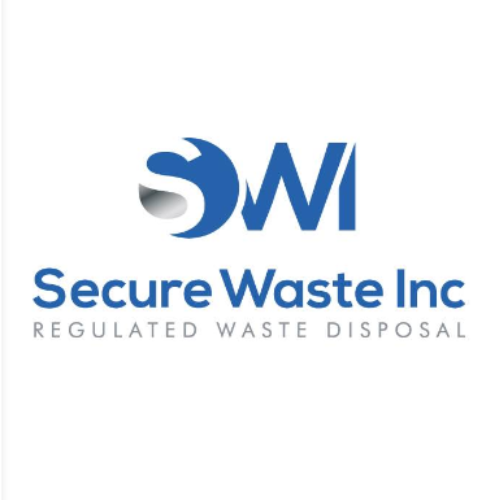
Expert Medical Waste Management: With over 25 years of industry experience, Secure Waste is a trusted local leader in hazardous and biohazardous waste disposal across Maryland, Virginia, and Washington, D.C. Specializing in medical waste management, sharps needle disposal, and biohazard waste removal, the company ensures full compliance with federal, state, and local regulations while prioritizing environmental sustainability.
The company also offers additional services, including secure document shredding and sharps container sales, providing comprehensive solutions for healthcare facilities and businesses. Our cost-effective services help clients maintain regulatory compliance without unexpected costs.
With a commitment to customer satisfaction, Secure Waste offers tailored waste management plans that align with industry best practices. Their team of experts provides reliable, timely, and compliant services, making them the preferred choice for medical waste disposal. For a free waste quote or more information, visit www.securewaste.net
